Indigenous Governance Database
Governance
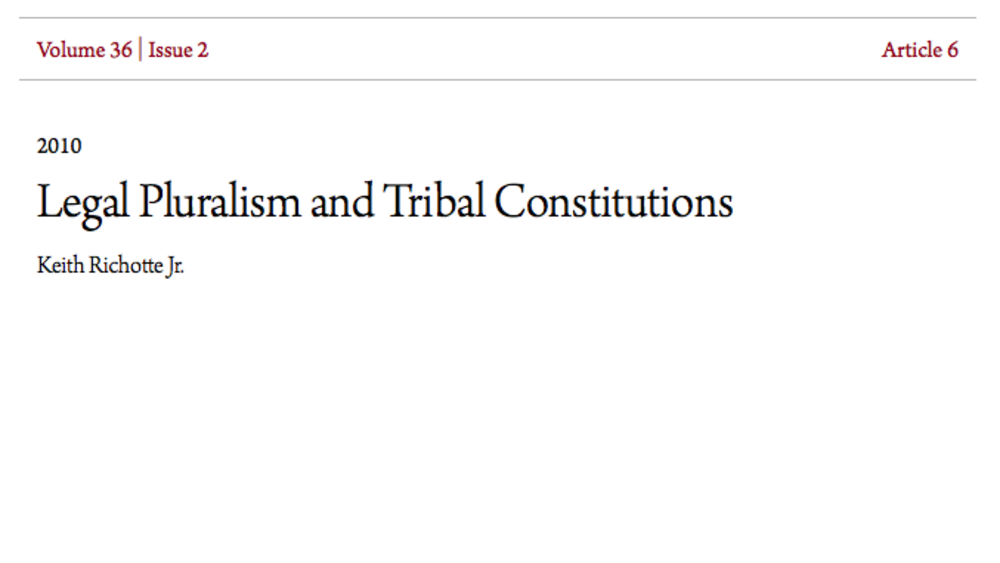
Legal Pluralism and Tribal Constitutions
What do pigs roaming the streets of New York City during the first half of the nineteenth century and tribal constitutions have in common? The most obvious (and often the most correct) answer is, undoubtedly, “absolutely nothing.” However, tribal advocates, particularly those concerned with the…
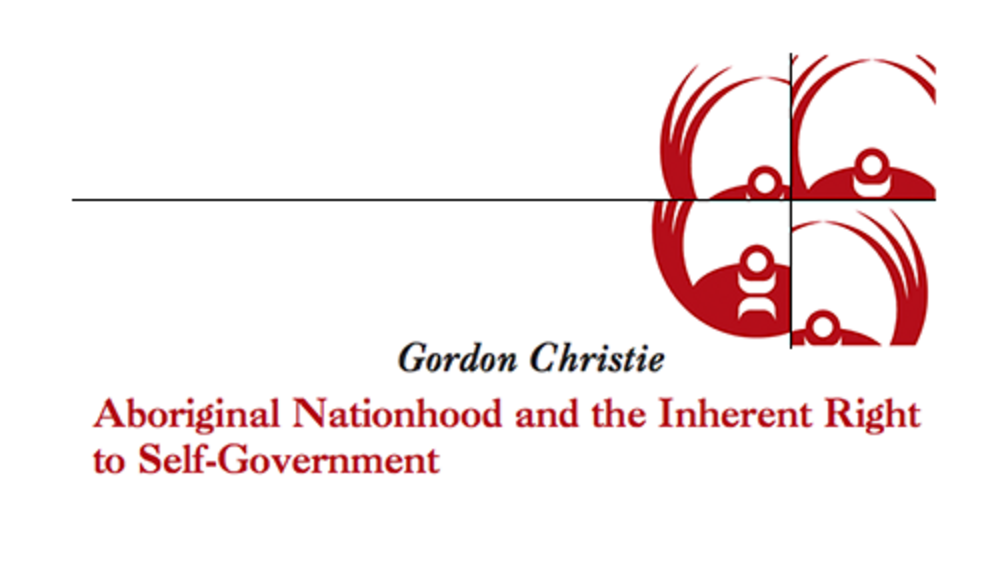
Aboriginal Nationhood and the Inherent Right to Self-Government
Canadian governments and courts recognize that pre-contact Aboriginal societies possessed their own legal and political systems and that to this day these nations have not surrendered the powers they fully exercised before colonial policies undercut their authority. …
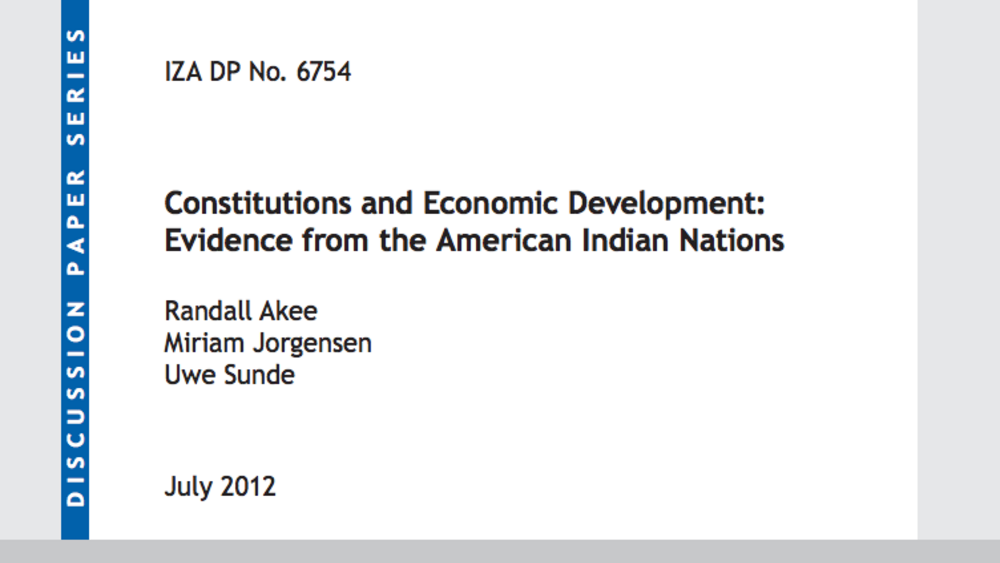
Constitutions and Economic Development: Evidence from the American Indian Nations
This paper presents an empirical examination of economic and institutional development. Utilizing a novel data set on American Indian tribal nations we investigate how constitutional design affects economic development, while holding the broader legal and political environment fixed. Instrumental…
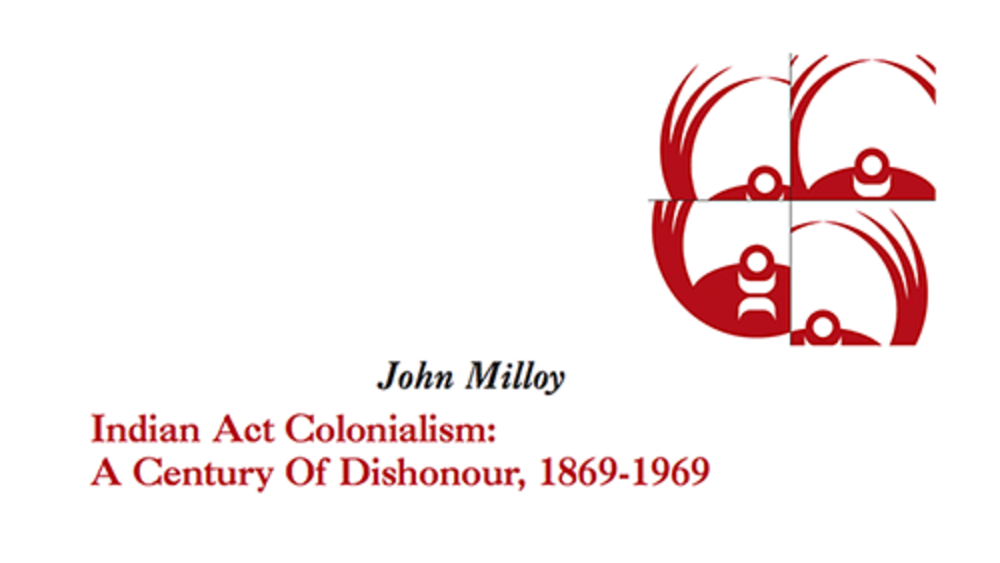
Indian Act Colonialism: A Century Of Dishonour, 1869-1969
In 1867, with the passage of the British North America Act, Canadians began the process of nation building. Over the next few years, new provinces emerged--Manitoba, British Columbia, Prince Edward Island--and Canada became, by 1873, a nation from sea to sea. At the same time, by way…
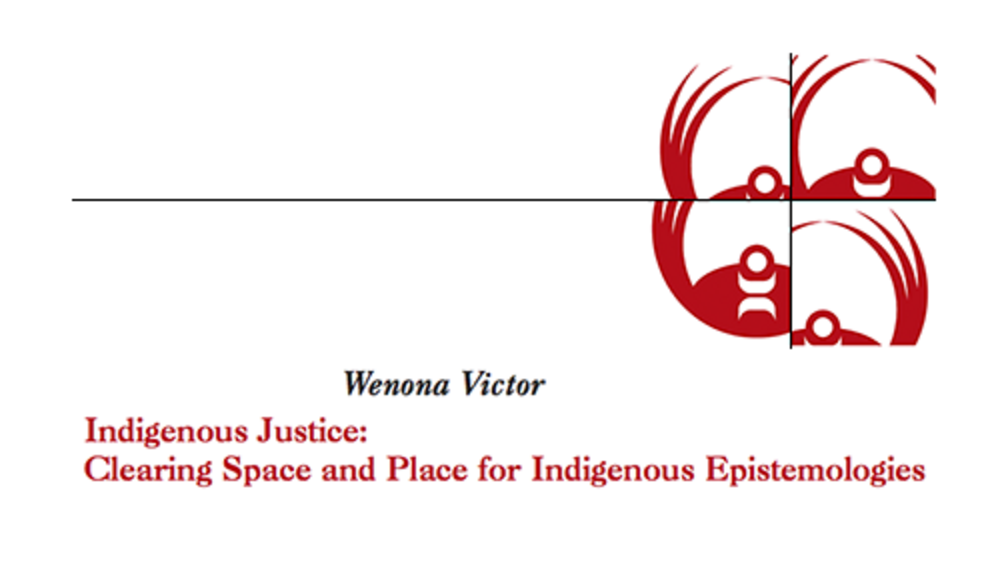
Indigenous Justice: Clearing Space and Place for Indigenous Epistemologies
The realization of Self Determination for Indigenous Peoples is an exhilarating and fascinating movement that encourages human perseverance and an unfaltering belief in human potential and responsibility. It is a multi-dimensional movement that acknowledges and accepts human flaws…
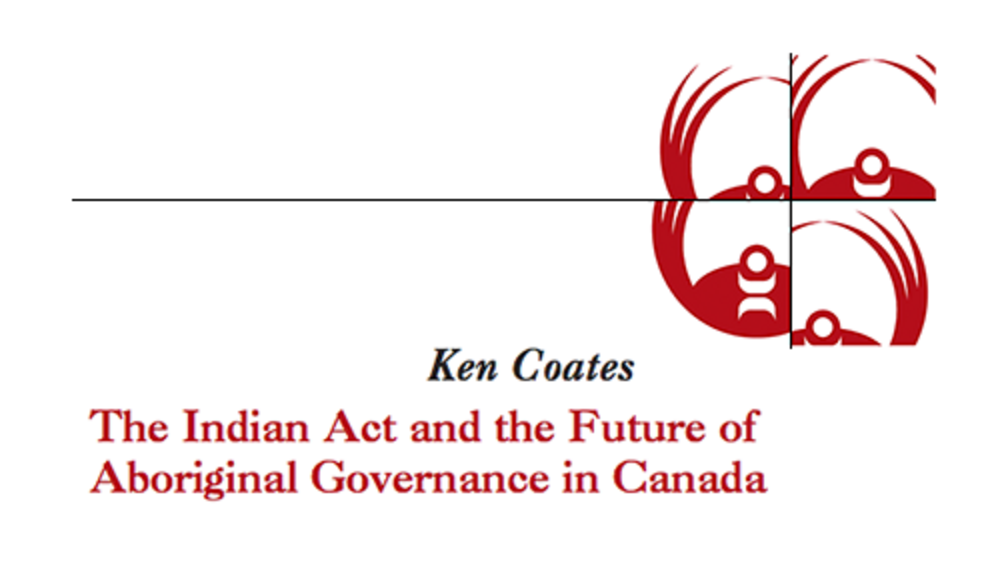
The Indian Act and the Future of the Aboriginal Governance in Canada
The Indian Act is no longer an uncontestable part of the Aboriginal landscape in Canada. For decades, this controversial and intrusive piece of federal legislation governed almost all aspects of Aboriginal life, from the nature of band governance and land tenure systems to…
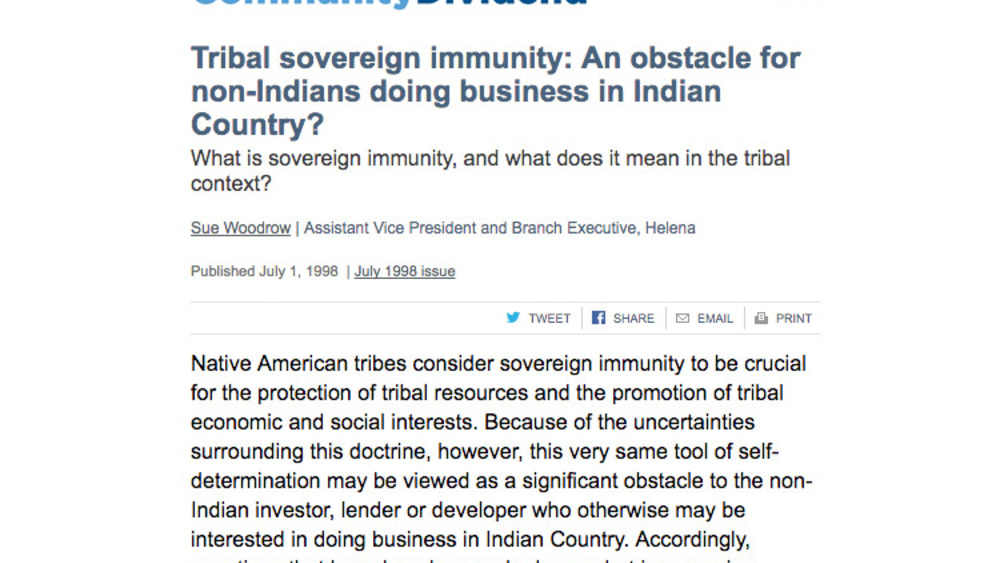
Tribal sovereign immunity: An obstacle for non-Indians doing business in Indian Country?
Native American tribes consider sovereign immunity to be crucial for the protection of tribal resources and the promotion of tribal economic and social interests. Because of the uncertainties surrounding this doctrine, however, this very same tool of self-determination may be viewed as a…
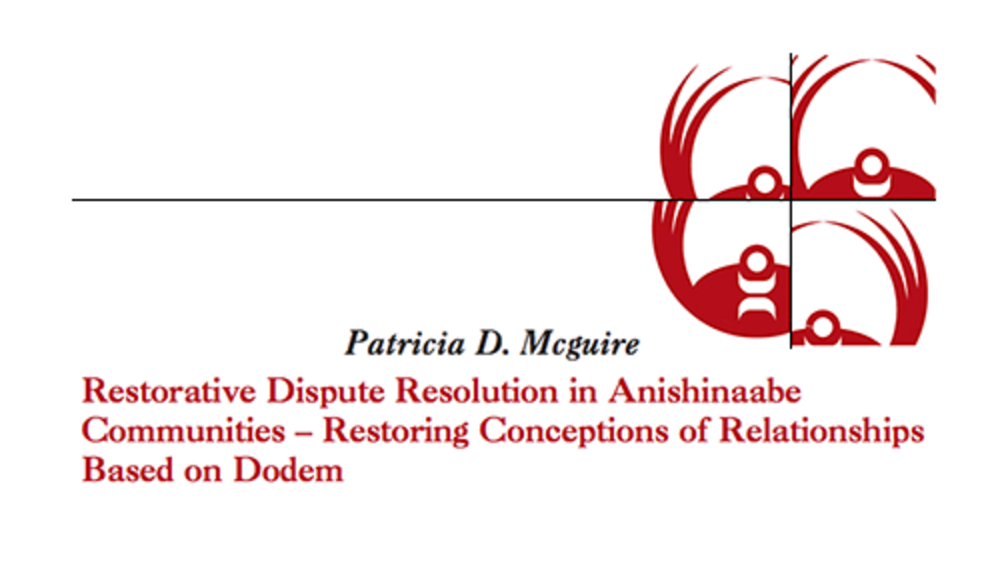
Restorative Dispute Resolution In Anishinaabe Communities - Restoring Conceptions of Relationships Based on Dodem
Social relationships, not political, hold communities together. In Anishinaabe communities, external colonial agencies created changes. External upheavals by colonial governments, education and helping agencies have eroded social structures that nourished communities. Yet, it is the…
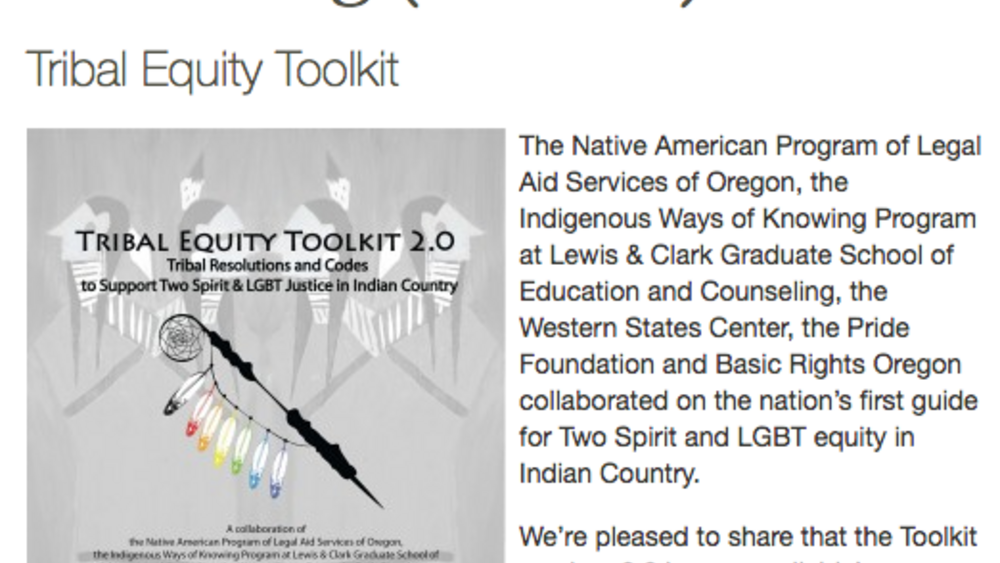
Tribal Equity Toolkit: Sample Tribal Resolutions and Codes to Support Two Spirit & LGBT Justice in Indian Country
This Toolkit has been developed to give tribal legislators a brief overview of legal and policy issues that impact the equal treatment of Two Spirit/ LGBT individuals. The Toolkit identifies areas in which existing laws discriminate against Two Spirit/ LGBT individuals, and offers sample resolution…
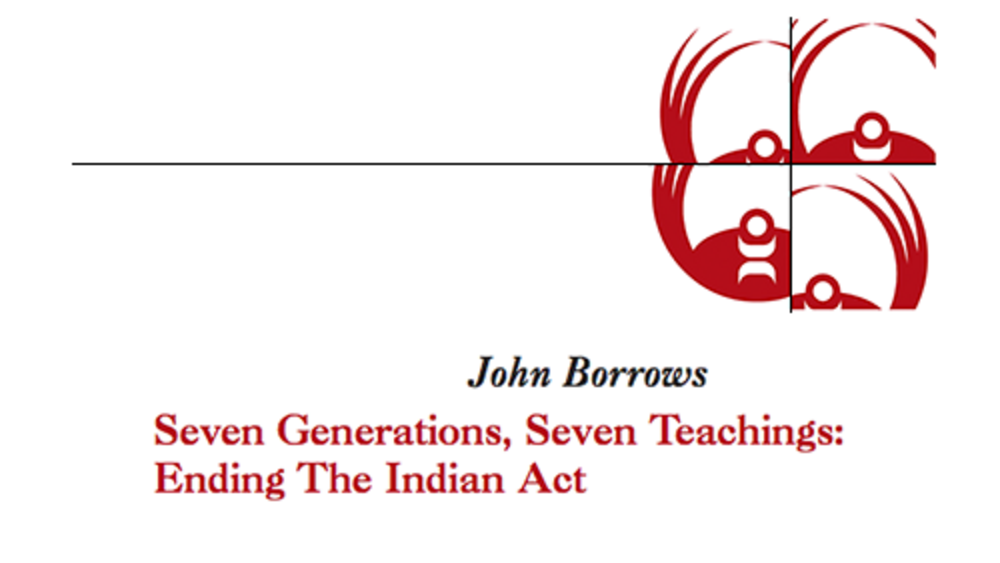
Seven Generations, Seven Teachings: Ending the Indian Act
Six generations have passed since the Indian Act was introduced and the seventh generation, now rising, will be healthier and our communities will enjoy more freedom if we assist them in getting rid of the Indian Act. Communities and the next generation can overcome the Indian Act’s hold over all…

Like An Ill-Fitting Boot: Government, Governance and Management Systems in the Contemporary Indian Act
Few people are satisfied with the Indian Act, but no one will deny its importance. For the individuals to whom it applies, the Act is a basic and specific constitutional document. It defines their rights and entitlements, their citizenship and their relationship to the federal and provincial…

The Governance and Fiscal Environment of First Nations' Fiscal Intergovernmental Relations in Comparative Perspectives
This paper examines the Canadian Aboriginal fiscal inter-governmental system by comparing it to other countries, and also focuses on the key characteristics of the Canadian system. Over the last 20 years governments have decentralized power and responsibilities in response to an…
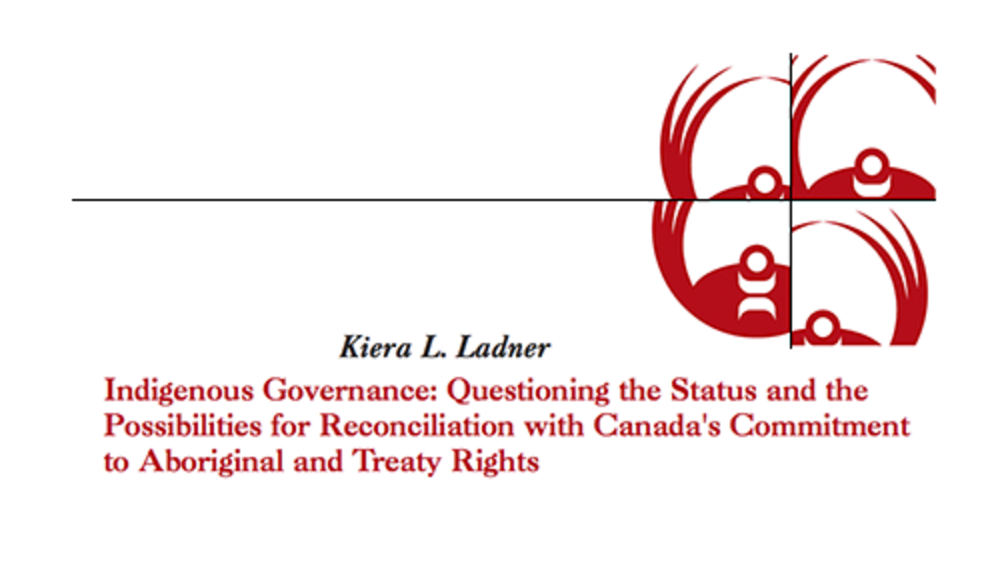
Indigenous Governance: Questioning the Status and the Possibilities for Reconciliation with Canada's Commitment to Aboriginal and Treaty Rights
Indigenous peoples have always had governance. This fact has been a matter of great debate among Canadian politicians and scholars for many years, but there is little doubt that Indigenous Nations had developed for themselves complex systems of government prior to colonization. The…
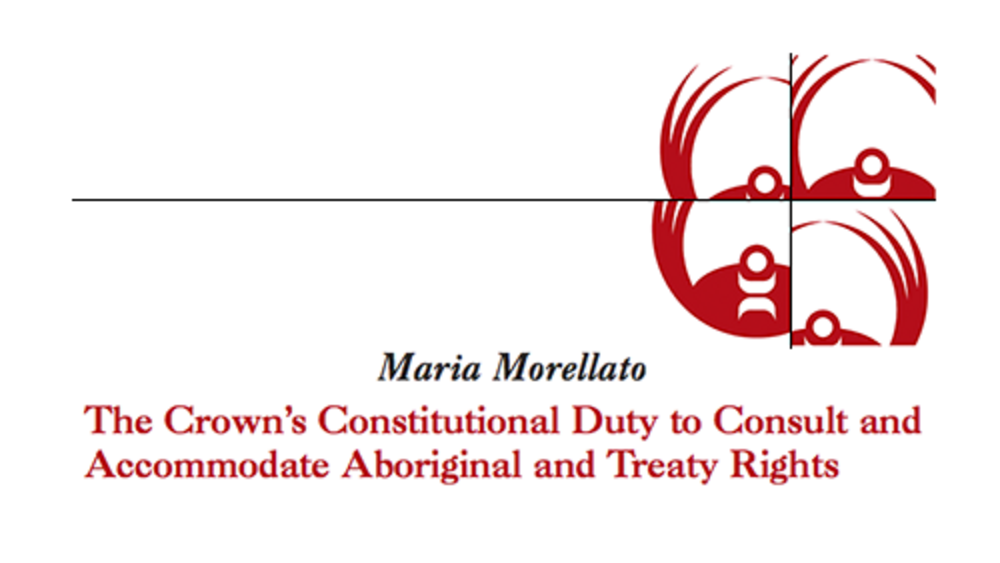
The Crown's Constitutional Duty to Consult and Accomodate Aboriginal and Treaty Rights
The Crown’s duty to consult and accommodate Aboriginal and treaty rights is a fundamental matter of social justice that invokes very solemn legal obligations. Reconciliation and win-win situations can be achieved with good faith negotiations if the federal and provincial Crown immediately…
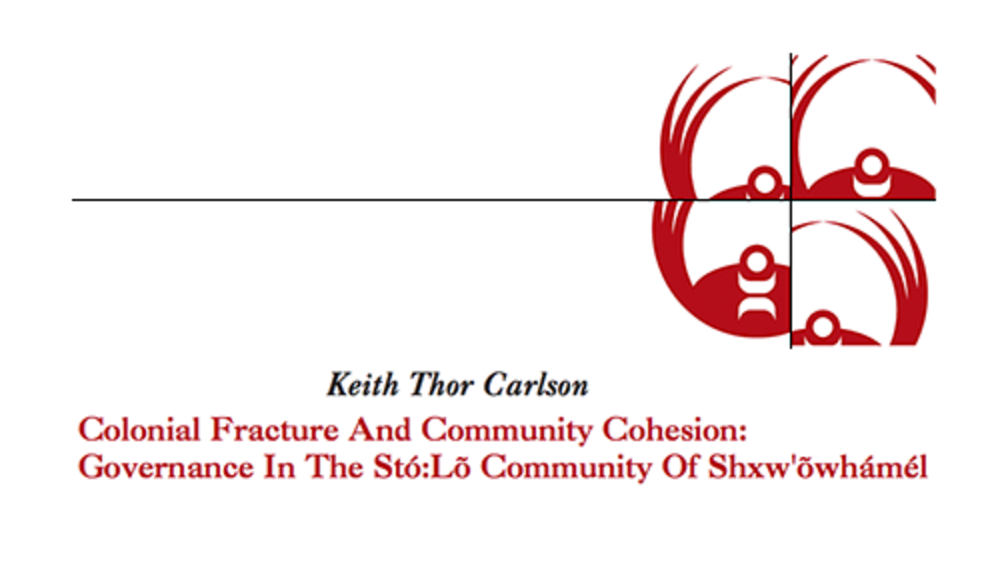
Colonial Fracture And Community Cohesion: Governance In The Stó:Lõ Community Of Shxw'õwhámél
This paper has three goals: 1) To briefly outline the process through which Shxw’õwhámél came to adopt the Siyá:m System in 1994; 2) to highlight certain concerns about the limitations of that system as articulated by community members in 2006; and 3) to provide a detailed discussion of those…
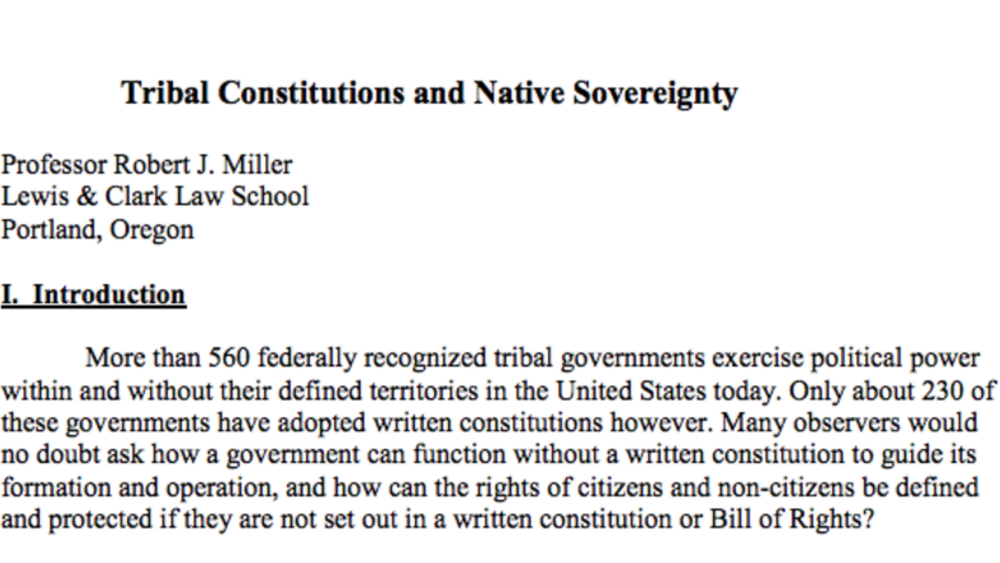
Tribal Constitutions and Native Sovereignty
More than 565 Indigenous tribal governments exercise extensive sovereign and political powers within the United States today. Only about 230 of the native communities that created these governments, however, have chosen to adopt written constitutions to define and control the political powers of…
Pagination
- First page
- …
- 39
- 40
- 41
- …
